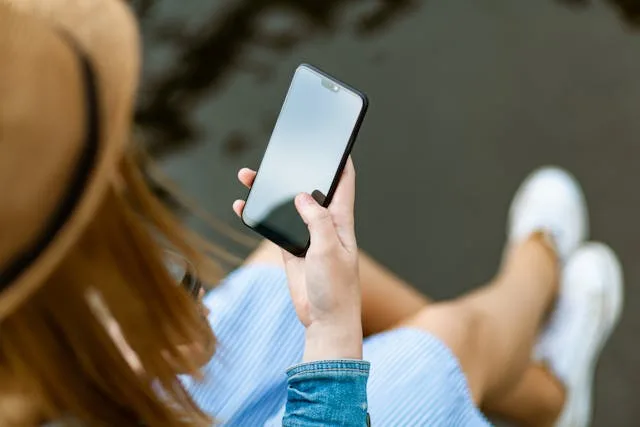In 2025, a bold movement at Harvard is challenging the digital status quo. Appstinence, founded by student Gabriela Nguyen, urges Gen Z to break free from their smartphones and rediscover life beyond screens. The message is clear: digital detox isn’t a retreat—it’s a rebellion.
After years of hyperconnectivity, Nguyen realized technology wasn’t curing loneliness—it was fueling it. Her solution? Downgrading to a dumb phone, stepping back from social media, and launching a movement built on five radical steps: Decrease, Deactivate, Delete, Downgrade, and Depart.
These “5 D’s” form the core philosophy of Appstinence, designed to break the toxic cycle of phone addiction. The group offers tools, peer support, and practical methods for reducing dependency, even in classroom settings where distraction is at an all-time high.
The movement reflects a wider shift: more young people are craving real-world connection. Nguyen’s approach echoes the goals of similar initiatives like The Offline Club, which organizes phone-free gatherings to promote meaningful human interaction.
In an era defined by dopamine loops, endless notifications, and short attention spans, Appstinence reclaims time, focus, and peace of mind. The digital cleanse isn’t about tech hatred—it’s about intentional use. “Social media is optional,” says Nguyen. “We just forgot that.”
Appstinence is more than a detox—it’s a cultural reset. And it’s making waves far beyond Harvard.
Are you ready to disconnect?


